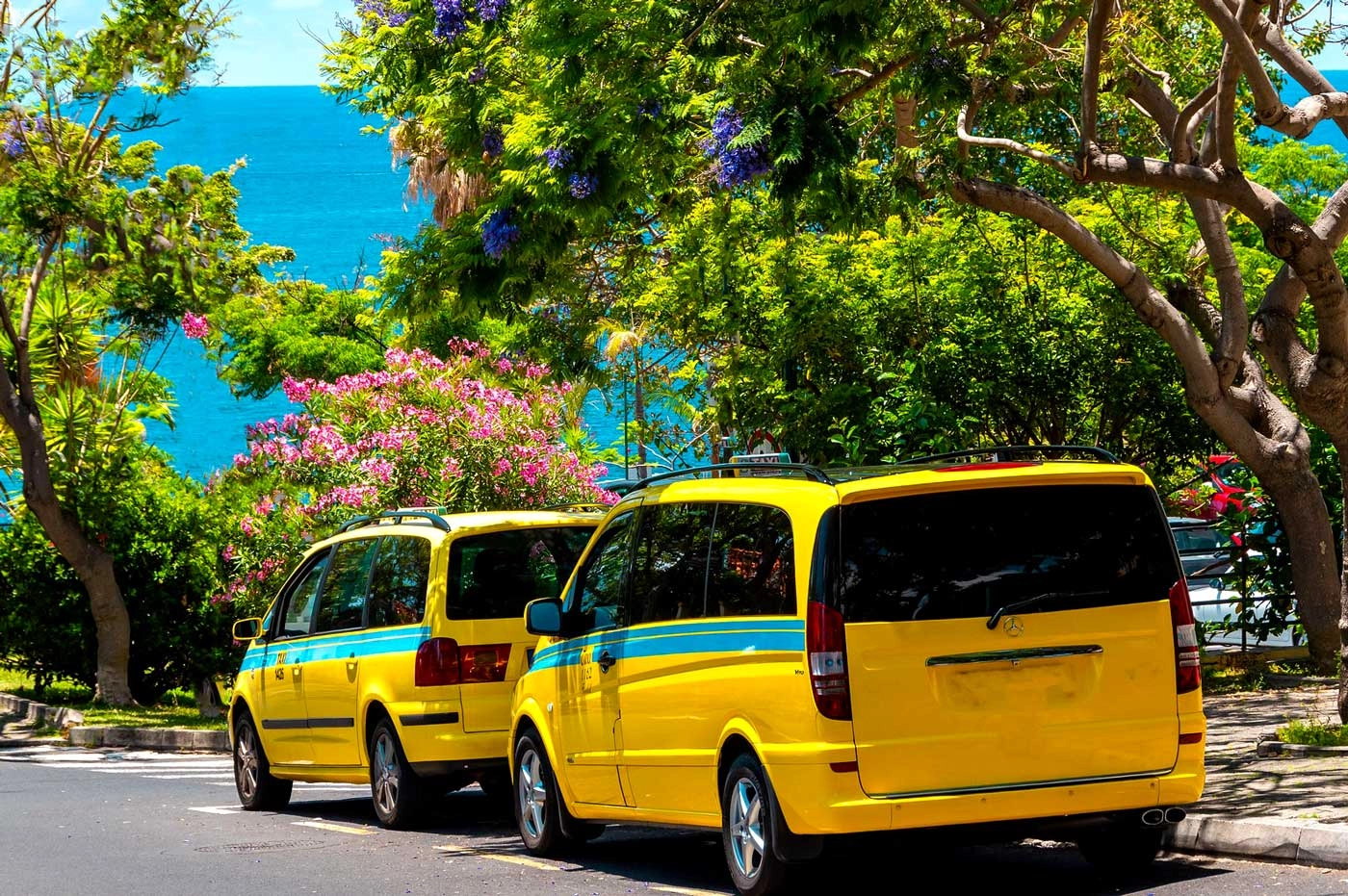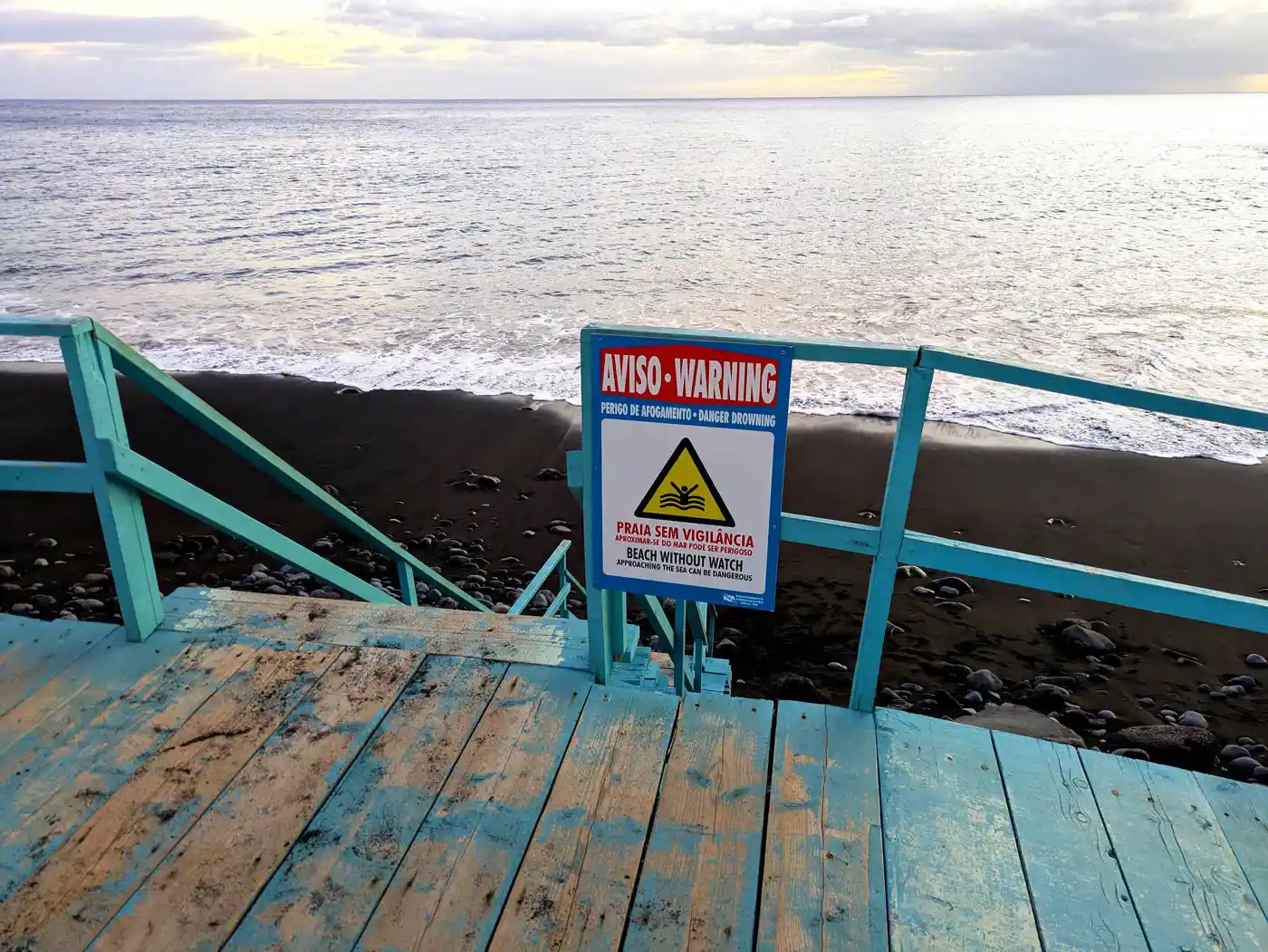Number of Executions Breaks 30-Year Record
Saudi Arabia has carried out more executions in the past year than at any time in the last three decades, according to Amnesty International. In 2024 alone, 345 people were put to death. Human rights groups say the number is rising again in 2025, with 180 executions recorded in just the first half of the year. A large portion of these involved people convicted of drug-related crimes - many of them foreign nationals.
Foreign Nationals Face Harsh Punishments Without Legal Support
Most of the recent executions were of men from Pakistan, Syria, Jordan, Yemen, Egypt, and Somalia. These individuals were sentenced to death for drug trafficking. Amnesty and other rights groups say that many of them did not have proper legal support, were unfamiliar with the Saudi legal system, and could not speak Arabic.
In one case, Egyptian national Essam Ahmed disappeared in 2021 while working on a fishing boat. His family later learned that he was sentenced to death in Saudi Arabia after being forced to carry a package at gunpoint. "We live in fear every morning," a family member said. "They didn’t even give me a chance to defend him."
Official Promises Contradict Reality on the Ground
Crown Prince Mohammed bin Salman, who is widely seen as the country’s real leader, told The Atlantic in 2022 that the death penalty would only be used in murder cases. He said the law was based on religious teachings and could not be changed.
But human rights observers say the recent wave of executions - especially for non-violent drug crimes - proves otherwise. In 2021, Saudi Arabia’s Human Rights Commission announced it would stop using the death penalty for drug crimes. That decision lasted less than three years. Authorities have not explained why the policy was reversed.
In 2024, Saudi Arabia carried out a 'record' number of 345 executions, of which around 35%, or 122 people, were for drug-related offenses—the highest annual total since Amnesty began recording executions in Saudi Arabia in 1990.
A Nation Presenting a Modern Face While Executions Continue
Saudi Arabia has been trying to show a more open and modern image to the world. The country is investing heavily in tourism, culture, and major international events like the 2034 FIFA World Cup. At the same time, it continues to apply harsh punishments that many see as outdated and unfair.
Jeed Basyouni from Reprieve, a UK-based human rights organization, said the Saudi government could easily change its policies. “He could do mass pardons. He could rewrite laws to match international standards,” she said. “Instead, we see daily executions for crimes that shouldn’t carry the death penalty at all.”
Journalists and Activists Also Among Those Executed
The death penalty in Saudi Arabia is not limited to drug crimes. This year, the country also executed journalist Turki al-Jassir, who had written about women’s rights and corruption. Authorities accused him of terrorism and threatening national security. He had been arrested in 2018.
The growing use of capital punishment has drawn strong international criticism. Amnesty International called the trend “truly alarming” and warned that the death penalty is being used not just as a legal tool, but also as a way to control dissent and show force.






Comments